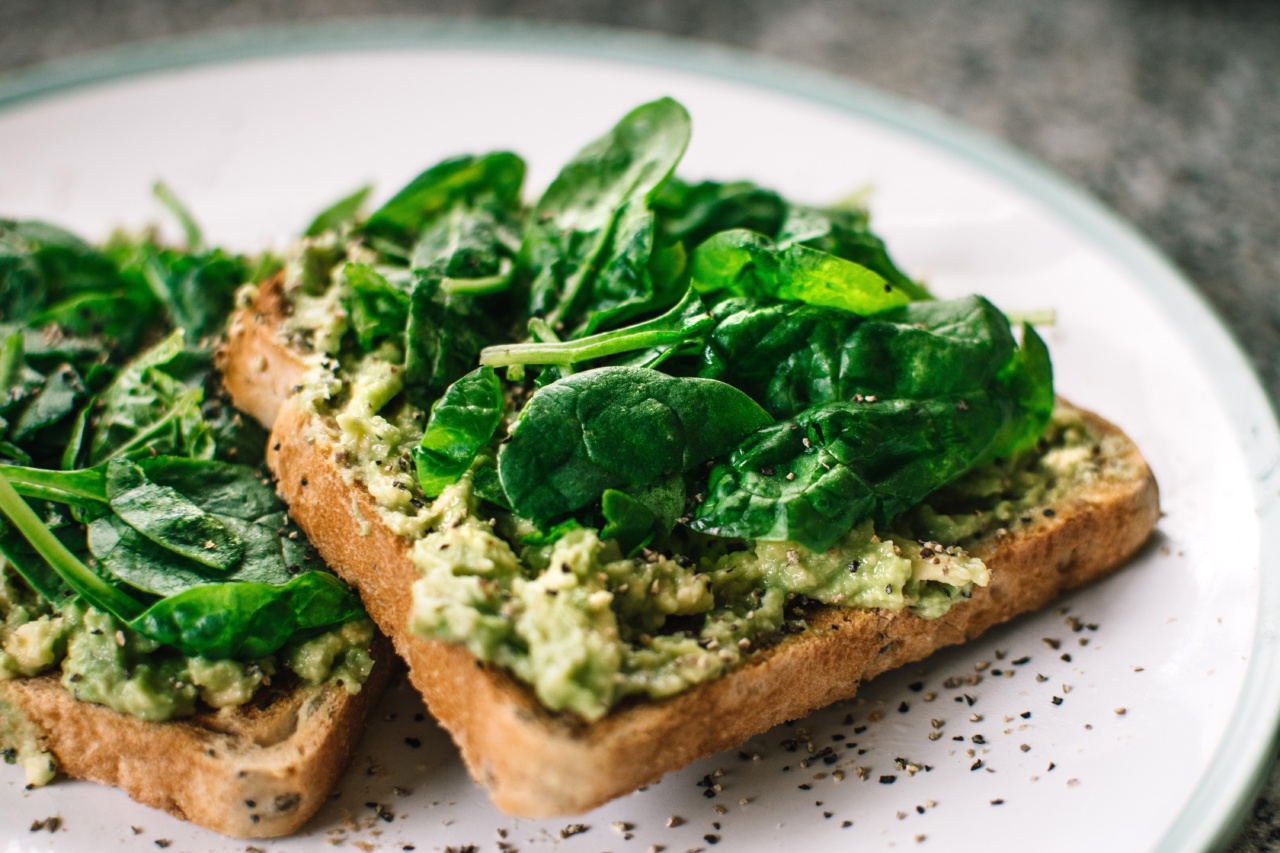Bread has long been considered a staple in many diets around the world. It is often recommended as part of a balanced meal, and it is even included in official food pyramids.
However, recent research has shed light on the potential health risks associated with bread consumption. In this article, we will explore why bread may actually be sabotaging your health and discuss alternative options for a healthier diet.
The Problem with Bread
While bread is a convenient and delicious food, it can have detrimental effects on your health. Here are some reasons why you may want to reconsider your bread consumption:.
1. High in Carbohydrates
Bread is typically made from refined flours, which are high in carbohydrates. These carbohydrates are quickly broken down into simple sugars in your body, leading to a rapid spike in blood sugar levels.
This can contribute to insulin resistance, weight gain, and an increased risk of developing type 2 diabetes.
2. Low in Nutrients
Although bread may provide some essential nutrients, such as iron and B vitamins, it is generally low in other important nutrients like fiber, vitamins, and minerals.
This means that even though you may feel full after consuming bread, your body is not getting the vital nutrients it needs to function optimally.
3. Contains Additives
Commercially produced bread often contains additives such as preservatives, dough conditioners, and artificial sweeteners. These additives, while extending the shelf life of bread and enhancing its taste, can have negative effects on your health.
Some preservatives have been linked to allergies, digestive issues, and even cancer.
4. Potential Gluten Sensitivity
Bread is a significant source of gluten, a protein found in wheat, barley, and rye. Gluten sensitivity and intolerance have become increasingly common, with symptoms ranging from digestive problems to skin issues and fatigue.
Those with celiac disease must strictly avoid gluten to prevent serious health complications.
5. High in Sodium
Bread often contains high levels of sodium, mainly from added salt. Excessive sodium intake can lead to water retention, high blood pressure, and an increased risk of cardiovascular problems.
If you consume bread regularly, you may unknowingly be exposing yourself to excessive sodium levels.
Healthier Alternatives
Fortunately, there are several healthier alternatives to traditional bread that you can incorporate into your diet:.
1. Whole Grain Bread
Opt for whole grain bread instead of refined white bread. Whole grain bread retains the bran and germ, making it higher in fiber and nutrients. It can help regulate blood sugar levels and provide a more sustained release of energy.
2. Gluten-Free Bread
If you have gluten sensitivity or celiac disease, consider switching to gluten-free bread made from alternative grains like rice, quinoa, or oats.
These options are now widely available and offer a suitable substitute for those who cannot tolerate gluten.
3. Homemade Bread
Consider making your own bread at home using wholesome ingredients. This way, you have control over what goes into your bread, and you can avoid harmful additives and excessive sodium levels that are commonly found in store-bought bread.
4. Vegetable Substitutes
Get creative and use vegetables as alternatives to bread. For example, you can use lettuce wraps for sandwiches or portobello mushroom caps as burger buns. These options are lower in carbs and provide additional vitamins and minerals.
5. Grain-Free Options
If you are following a low-carb or grain-free diet, there are various alternatives available. Explore options like cauliflower crusts for pizza or coconut flour-based tortillas.
These alternatives can help you satisfy your cravings while avoiding the potential health risks associated with traditional bread.
Conclusion
Bread, once thought of as a dietary staple, may not be as suitable for everyone as once believed. The high carbohydrate content, various additives, and potential gluten sensitivity make it a food that can sabotage your health.
By opting for healthier alternatives like whole grain bread, gluten-free options, homemade varieties, and vegetable substitutes, you can still enjoy delicious meals while protecting your well-being. It is essential to listen to your body and make conscious choices that support your individual health needs.






























